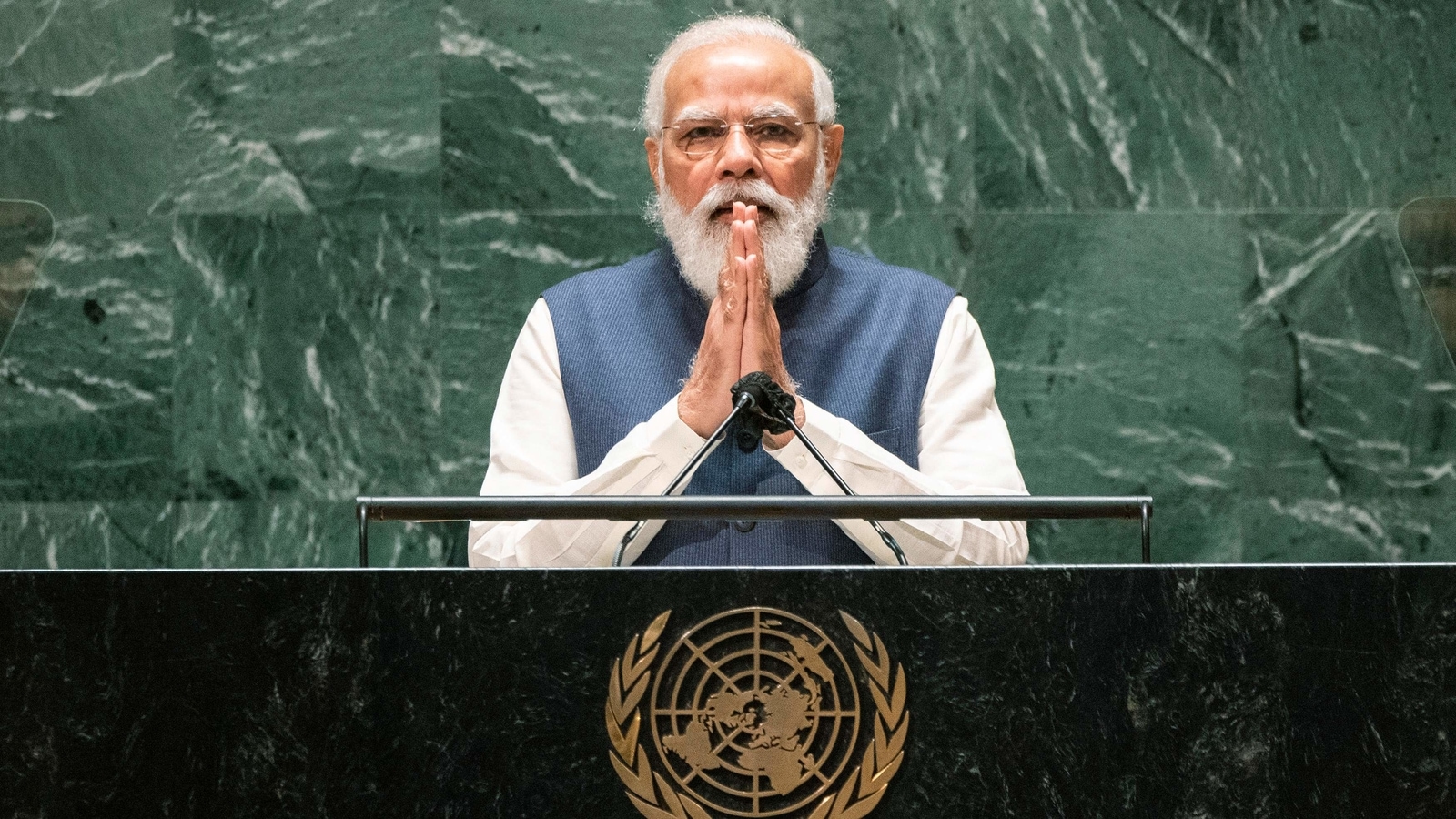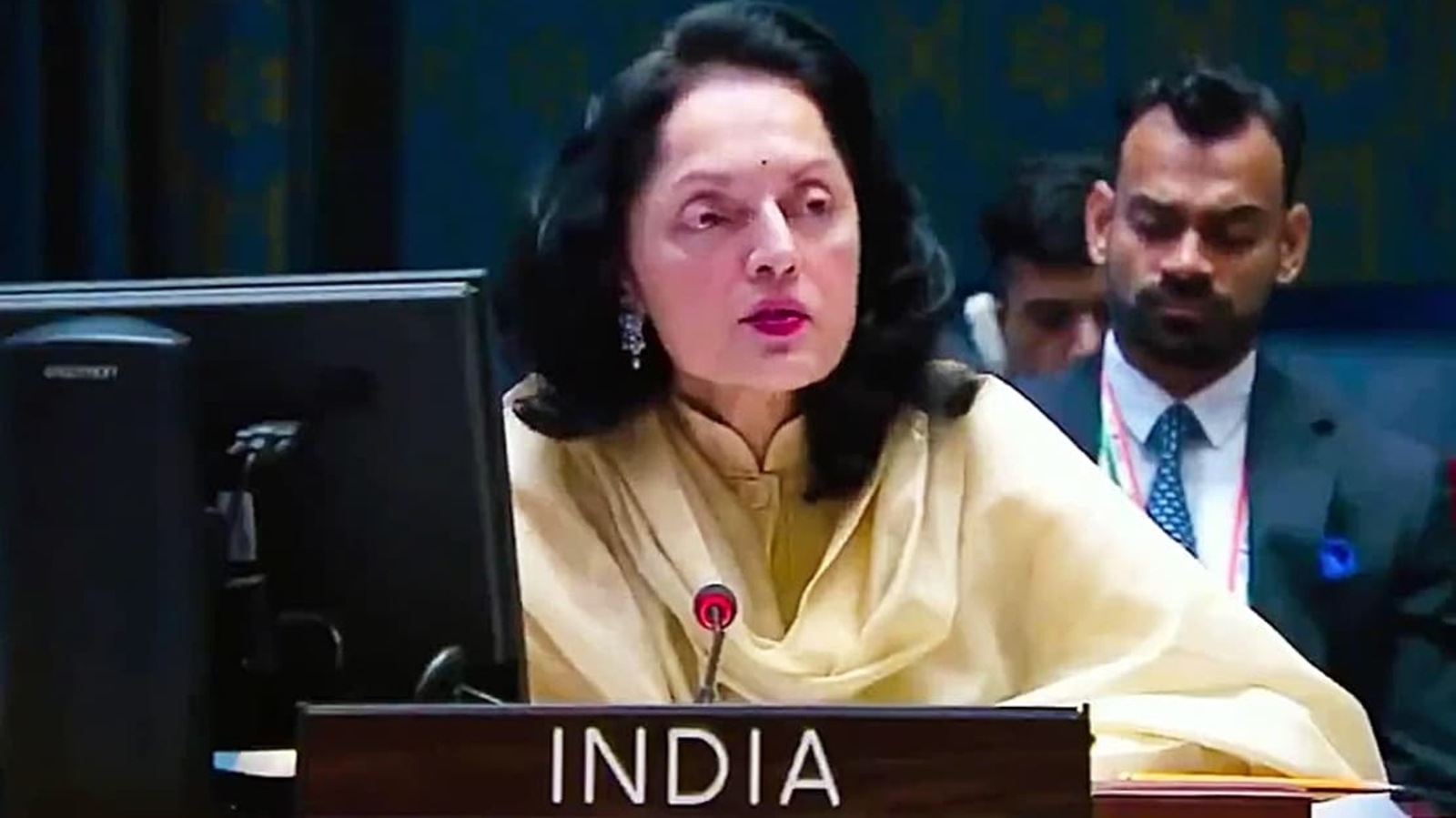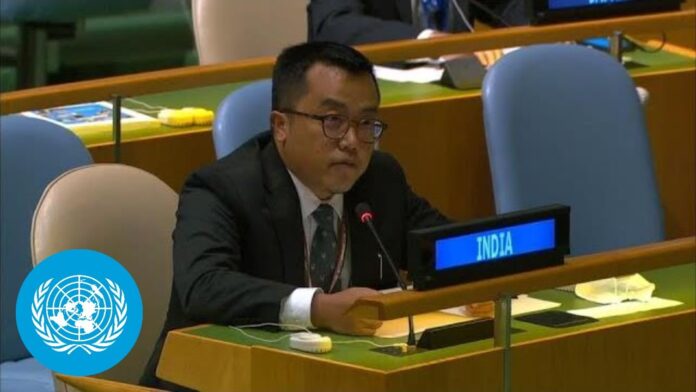The India-Pakistan battle is an ever ongoing phenomena at the international level. From the long standing battle on the Kashmir valley to the recent addition to the list of the case of Kulbhushan Jadhav reaching the International Court of Justice (ICJ), the international platform is an ideal battleground for the two countries. The always bitter sometime sweet relationship between the two bordering nations has surely transgressed beyond either borders to interest the entire international community. Foreign diplomacy is being used as a tool for gains in world politics by both India and Pakistan.
Post abrogation of Article 370 from the Indian Constitution, revoking the special status of the erstwhile state of Jammu and Kashmir, there has been ample action on the international grounds. The Foreign Minister of Pakistan has blatantly rejected the idea of integrating India administered Kashmir to mainland India. Soon after the announcement made on August 05, 2019, the foreign ministry of Pakistan remarked that the issue of Jammu and Kashmir is not an internal matter of India but rather the region is an internationally recognised disputed territory.
It further went ahead to said that owing to the obligations of India under UN Security Council resolutions, the change the disputed status was not legal and in complete violation. He went ahead to speculate that there has to be a complete dejection by the people of Pakistan and Kashmir as soon as the government decides to lift up the communication blocakade. Moreover, it came to notice that as both India and Pakistan are full parties to the UN, Pakistan will “exercise all possible options to counter the illegal steps” taken by India, the Foreign Office (FO) statement said while reaffirming Pakistan’s commitment to the Kashmiri cause.
Internationally, Pakistan has taken a stand supporting & insisting on a peaceful resolution based on wishes of Kashmiri people. There were multiple voices from Pakistan even before the announcement was made in the lieu of deployment of heavy security forces in the already militarized Kashmir.
India – Pakistan
Prime Minister Imran Khan mentioned in one of his tweets that the situation had the potential to “blow up into a regional crisis” furthermore mentioning that the only manner to achieve the intended peace and security in the South Asian region is to go through the route of a peaceful and unanimous settlement of the Kashmir valley. The move of Indian Government arising from a presidential order has also been out rightly rejected by the president of Pakistan-administered Kashmir, Sardar Masood Khan.
The battle of words since have been continuing. Recently, India has slammed out at Pakistan for “weaponising” issues of women’s right for self-serving political gains in the disputed region of Jammu and Kashmir. India in its statement has remarked that it is ironical that a country where violations of women’s right to life in the name of ‘honour’ go unpunished is throwing “baseless” allegations about the same being practiced India.
The remark was made by the First Secretary in India’s Permanent Mission to the UN Paulomi Tripathi during the United Nations General Assembly Third Committee session on ‘Advancement of Women’. It is one of the six committees in the United Nations General Assembly [UNGA] dealing with social, humanitarian affairs and human rights issues.
Battle of Words at the UNGA, 2019:
She repeatedly asserted that the condition of women in India is far better than their entitlements in the state of Pakistan. She drew an examples from the first woman President of the General Assembly Vijaya Lakshmi Pandit to women scientists at the Indian Space Research Organisation, to prove the accomplishments of Indian women in having served as inspiration for many. At the committee she remarked:
“As we renew our collective resolve to continue to work towards the realisation of women’s empowerment and gender equality, there is no space for weaponising women’s rights issues through empty rhetoric for self-serving political gains. Today, one delegation has callously chosen to politicise this agenda by making unwarranted references to internal matters of my country.”

Her remarks were recorded as a come-back to references to Jammu and Kashmir by Maleeha Lodhi, who is Islamabad’s outgoing envoy to the United Nations. She, in her speech at the committee earlier said the women in Jammu and Kashmir were unreasonably suffering because of the government-imposed communication blackout in the state before and after the ongoing communication blockade in the valley. She narrated the story of a Kashmiri Mother who was published in the first page of an edition New York Times with news that she lost her son for the want of proper medical care, after being gnawed by a snake, during the curfew.
Tripathi reverted to this saying it was nothing but ‘vile intentions’ and ‘fake concerns’ from a country desiring the territory of others. She made retrospective references to the dreadful sexual violence against women by the armed forces of Pakistan which was met with impunity in 1971. She refused to engage with a delegation with ‘such credibility’, on women rights issues. She clearly opined that this move was nothing but ‘weaponising’ for the want of a better issue to raise. She stressed and requested the UNGA committee to not waste its precious time and rather utilise it on the agenda on the table.
References to status of women and girls across in India:
Her speech did make an acknowledgement to the difficulty faced by women and girls around the world, who continue to fight for gender equality while face restrictions to access employment, education, social and political participation. She mentioned child marriage, human trafficking, forced labour, sex slavery and many other gender centric issues highlighting that on a daily basis more than 800 women die from preventable causes related to pregnancy and childbirth. She came on record saying that India’s development strategy has always emphasised on furthering the cause of gender equality and empowerment of women.

Quoting statistics, she said that more than about a million elected women representatives lead the decision making, formulation and implementation of policies at all levels, ensuring financial inclusion, income programmes for guarantees, financial benefits, improved access to healthcare and education for women and girls have improved lives of millions. Moreover, around 197 million women have been now entitled to open bank accounts through the centre’s new financial inclusion initiative who were previously disbarred.
She made mentions of other government initiatives such as ‘Stand Up India’ and ‘Mudra Yojana’ which are ensures provision of access to loans and cooking gas connections have been provided to approximately 80 million women leading to positive impact on their health, and reduced environmental degradation from using firewood. She disclosed the budget allocations in India for ongoing programmes in the sector of agriculture to be around 30%. Other sectors enjoying the budget allocated are community health workers enable women to take informed decisions about their reproductive health and access safe contraception, she said.

